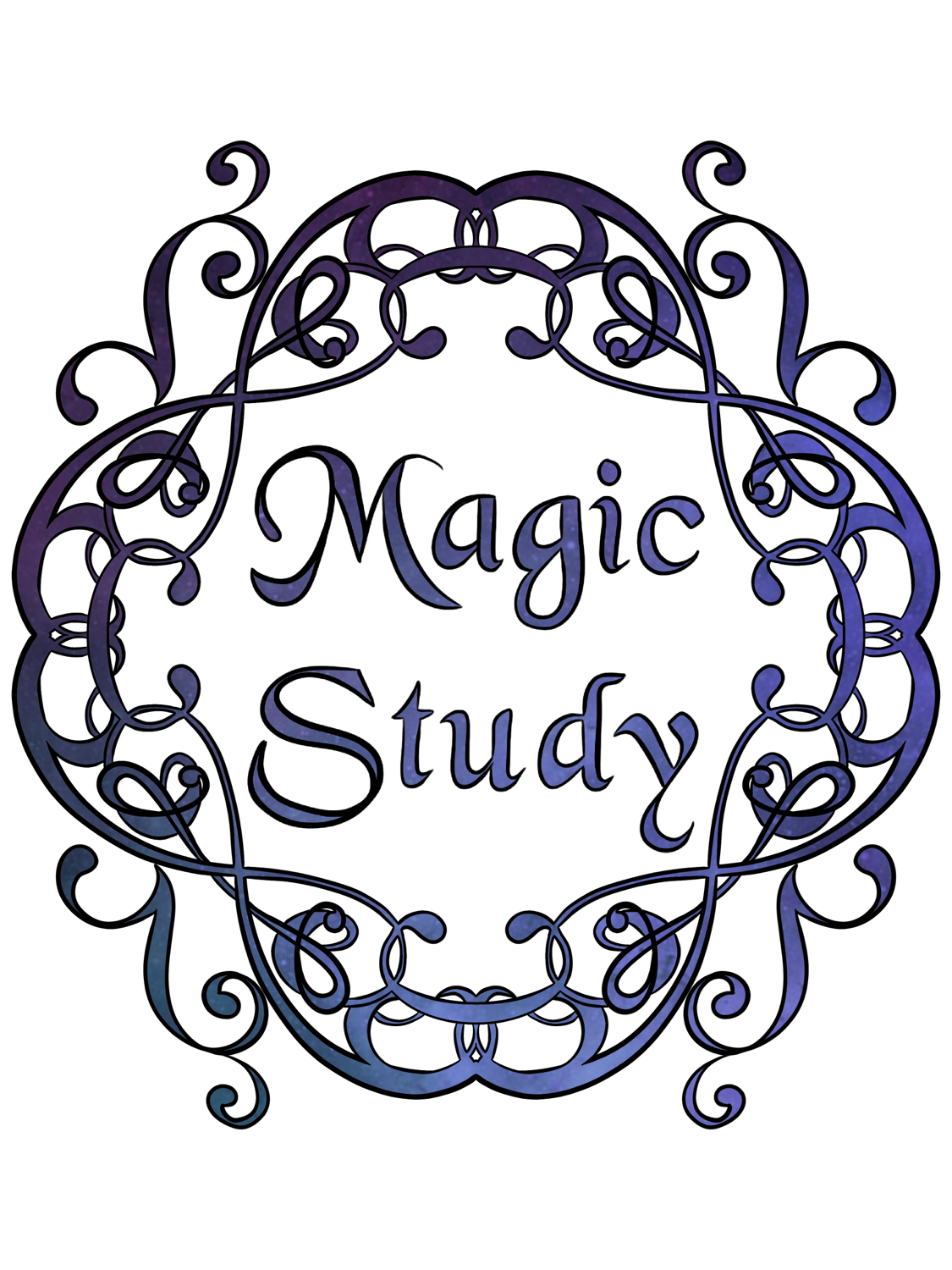Magic 101 - Part 2 - Elements
- magicstudent

- Nov 5, 2022
- 3 min read

This is something we're all probably pretty familiar with, but... hey, we're going back to basics with these posts, so there's no way we can ignore the elements.
The classical elements in the Western world are Air, Earth, Fire, and Water. Here's a chart for reference, which I'll explain a bit in a minute:
Air | | Masc | gas | hot/wet | Gemini, Libra, Aquarius | East |
Earth | | Fem | solid | cold/dry | Taurus, Virgo, Capricorn | North |
Fire | | Masc | plasma | hot/dry | Aries, Leo, Sagittarius | South |
Water | | Fem | liquid | cold/wet | Cancer, Scorpio, Pisces | West |
These elements were the product of ancient philosophers' ideas of what the material world is made of. Think of this as the precursor to our current Periodic Table of Elements. (If you're still in school, pay attention to your classes. That will make things so much easier to understand in the magical world as well as the mundane one.)
As it turns out, the classical elements sort of ended up corresponding to the four fundamental states of matter. See the chart above for a breakdown of that. Isn't it interesting how close these ancient people were to the truth?
The elements, like most other things, are assigned a gender. These are also listed on the chart above. Notice how "opposites" are given "opposite" genders, like Fire and Water. If you combined these two in the correct amounts, they would both disappear. Similarly, Earth cannot stay up in the Air.
(There will be a different post on what "gender" means in magic, but please know that I am in no way endorsing stereotypes or attempting to erase non-binary people. Personally, I prefer to use "intense" instead of "masculine" and "gentle" instead of "feminine," since I feel that more closely encompasses the idea.)
Now let's get to Hot/Cold and Dry/Wet. Each element is given a different combination of these. Once again, please refer to the chart above. This seems to have originated with Aristotle and was an attempt to break down the elements into more components. Aristotle also theorized that there must be a fifth, non-material element, which was later called Aether. Many people now equate this to Spirit. I won't get into that one here, but it would feel wrong to ignore it.
It's incredible how many similarities there were between different cultures. So far we've talked mainly about Greece, but here's a chart of other countries and their elements:
Egypt | Air, Earth, Fire, Water |
Rome | Air, Earth, Fire, Water |
Japan | Air, Earth, Fire, Water, Void |
Iraq/Iran (Jabir ibn Hayyan) | Air, Earth, Fire, Water |
India | Air, Earth, Fire, Water, Void |
China | Earth, Fire, Water, Wood, Metal |
Of these, China deviates the most, but it's still fairly similar. Of course, there was trading and communication between these cultures, but it's still impressive how such different places ended up with almost identical scientific theories in a time when sharing information was so limited. It's almost like humans are a hive mind sometimes.
So what do you do with this information? Depends. If you have an altar or like to set up an area for spell work, it can help to have a representation of each element in the corners that relate to the directions listed on the chart. (If you're directionally challenged like me, use a compass app on your phone.) Many people like to call the elements to ask them for assistance in their workings, and facing the correct direction helps to call them in.
What can you use the elements for? Okay, one more chart to help you figure it out.
Air | communication, intellect, creativity |
Earth | finances, stability, level-headedness |
Fire | action, bravery, competition |
Water | emotions, clarity, love |
You need to help you pass a test? Study, obviously, but also use music, bells, incense.
You need a money spell? Green stuff, rocks, and coins will be good components.
You have a contest to win? Candles, alcohol, anything red.
You have a heart to win? A bath, seashells, perfume.
Alright, that's it for the elements.
Stay safe!
- me




Comments